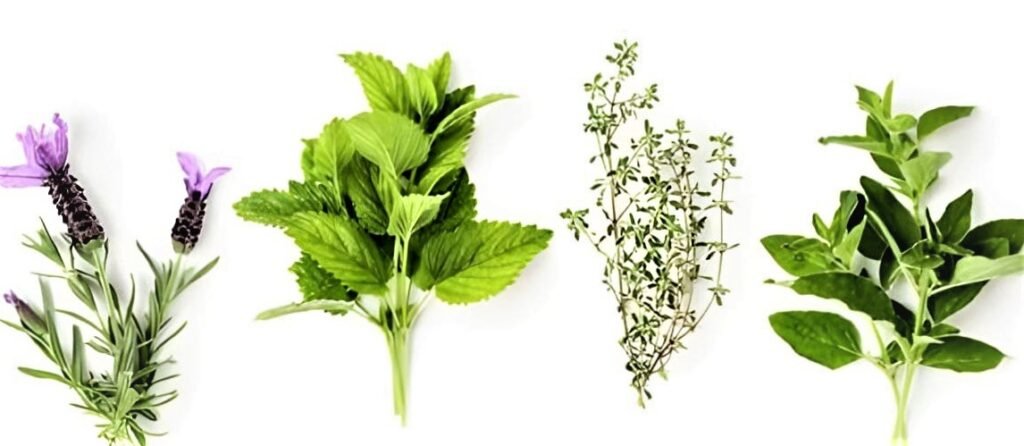The Best Fluffy Pancakes recipe you will fall in love with. Full of tips and tricks to help you make the best pancakes.

Herbal Medicine
Herbal medicine, also known as botanical medicine, refers to the use of plant seeds, berries, roots, leaves, bark, or flowers for medicinal purposes. Herbs have a long tradition of use outside conventional medicine. It has become more widespread as improvements in analysis and quality control, along with advancements in clinical research, demonstrate the value of herbal medicine in treating and preventing diseases.
What is the History of Herbal Medicine?
Plants have been used for medicinal purposes long before recorded history. Ancient Chinese, Egyptian, and Native American writings describe the medical uses of plants dating back to 3000 BCE. Indigenous cultures (such as African and Native American cultures) used herbs in their healing rituals, while other cultures developed traditional medical systems (such as Ayurveda and Traditional Chinese Medicine) where herbal remedies were used. Researchers found that people in different parts of the world tended to use the same plants or similar plants for the same purposes.
In the early 19th century, when chemical analysis became available for the first time, scientists began to extract and modify the active ingredients from plants. Later, chemists began to synthesize their own versions of plant compounds, and over time, the use of herbal remedies declined in favor of pharmaceutical drugs. Nearly a quarter of pharmaceutical drugs are derived from plants.
Recently, the World Health Organization estimated that 80% of people worldwide rely on herbal medicines as part of their primary healthcare. In Germany, between 600 and 700 plant-based medicines are available and are prescribed by about 70% of German doctors. In the past twenty years in the United States, dissatisfaction with the cost of prescribed medications, along with an interest in returning to natural or organic remedies, has led to an increase in the use of herbal medicines.
How Do Herbs Work?
In many cases, scientists are not sure which specific element in a particular herb works to treat a condition or disease. Whole herbs contain many ingredients that may work together to produce a beneficial effect. There are many factors that determine the effectiveness of the herb. For example, the type of environment (climate, insects, soil quality) in which the plant grows will affect it, as well as how and when it was harvested and processed.
How are Herbs Used?
The use of herbal supplements has greatly increased over the past thirty years. Herbal supplements are classified as dietary supplements under the Dietary Supplement Health and Education Act of 1994 in the United States. This means that herbal supplements, unlike prescription drugs, can be sold without being tested to prove they are safe and effective. However, herbal supplements must be manufactured according to good manufacturing practices.
Summary
Herbal medicine is the use of plants for treating diseases and promoting general health and well-being.
Herbs may interact with other pharmaceutical drugs and should be taken with caution.
Always consult your doctor about any health concerns and inform them of any herbal medicines you are taking or considering taking.
Never stop taking prescribed medications in favor of herbs without discussing it first with your primary care doctor.
Be cautious when buying herbal medicines online. Unregulated herbal medicines, like some traditional popular medicines, may not be manufactured to the same quality and standards as regulated medicines.
